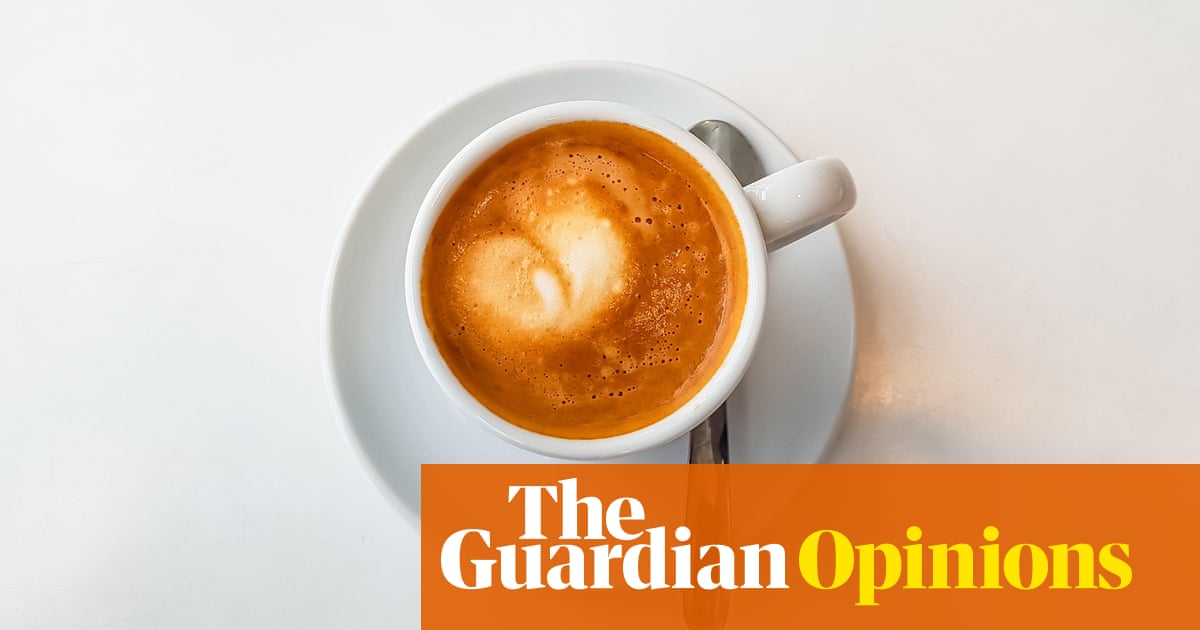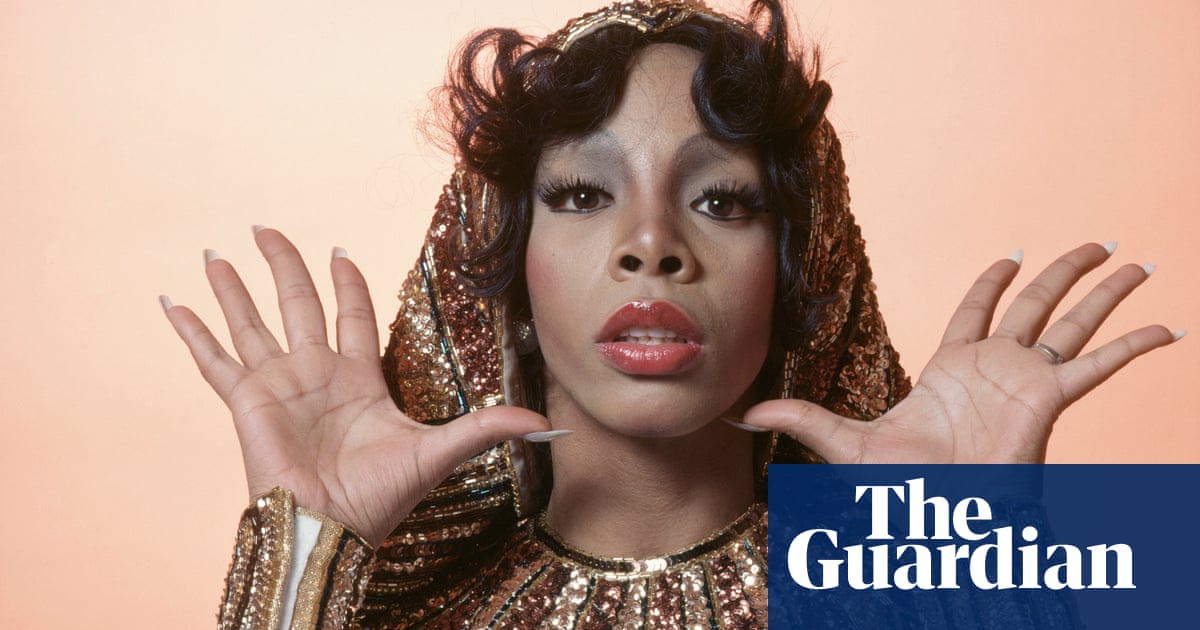
Ican’t remember when my love of coffee grew into a problem. For most of my 20s though, I tried and failed to give it up. I would last a week or two before I’d cave in and buy a cup: a small, chocolate-sprinkled mocha (no cream) or a black americano. I’d savour the aroma. Drink slowly to make it last. But once the caffeine high wore off I’d crash into misery and restlessness.
I used to see coffee as the main event of each morning. I’d wake up anticipating the comfort of a warm cup in my hand, as well as the rush of energy that came with each sip of bitterness. Besides, I needed it – in my early 20s I commuted an hour and a half across London each morning. I’d always struggled with insomnia, and although caffeine made it worse, I craved a morning cup to vault me into wakefulness. Once at work, I drank more to boost my mood throughout the day.
Coffee drinking was also acutely social. From the first time I tried it as a student, I associated it with friendship – even with the dizziness, jitters and anxiety it stirred in me. Relationships formed and deepened at the social sciences cafe where my friends and I gathered between lectures to refuel on (discounted) beverages – including the luxurious, irresistible, white and dark chocolate mocha.
More than that, though, caffeine helped me cope with feelings of alienation and pressure. With each cup, I transformed. I became sharper, more comfortable in my skin. There were worse stimulants to rely on, or so I told myself. I also discovered caffeine pills while at university, which were cheaper at the campus supermarket. Coffee, though, was a natural beverage with history. It was rich in antioxidants. Even as my sleep cycle deteriorated and my anxiety worsened I could – and would – not stop.
But last year, after reflecting on why yet another attempt to quit coffee had failed, I had a breakthrough: the issue was not coffee itself, but how I used it. Previously I drank for courage whenever I felt like an impostor. However, this only reinforced the idea that I was not enough. Waking up needing coffee I felt as though life happened to me – and the best that I could do was drink to brace myself for it.
This took time to accept. And I realised that if I were to truly kick my habit, it would require a deeper internal shift, which led me to gratitude journalling. I first read about it while researching healthy morning routines. I was grappling with writer’s block after editing my debut novel, in search of practices to help me feel inspired again. Journalling had helped in the past; I’d kept journals since primary school and had filled notebooks with poetry, lyrics, grief scribblings and memories. With its emphasis on the positives though, gratitude journalling was different.
I set time aside every morning to try to make it part of my new routine. To begin, I followed prompts that others had shared online, such as: what are you looking forward to? Write about a happy memory. How are you able to help others? Some days words flowed from me – joy overspilled from happenings. The more I wrote, the more I noticed about my life to give thanks for. Writing in focused bursts has woken me up to everyday pleasures, such as waking up to birdsong; green spaces to wander through; music; friends who make me laugh until I cry; good health; progress in kickboxing.
Initially, I was cautious, even apprehensive, of the inward-looking nature of this practice. But to my surprise, rather than atomising my experience, writing about happiness highlighted the importance of connection. Most of my entries focused on experiences in nature, as well as community and relationships. Over many weeks my journal – between longer entries – became a repository of little mercies.
The shift, though gradual, proved to be a profound transformation. Instead of craving coffee first thing, I’d wake up contemplating blessings. In the past, starting my days with coffee set me up for feeling inadequate; by contrast, gratitude journalling clarified the fullness of my life.
A year on, it has rebalanced my perspective to encompass everything that is going well in my life – regardless of how small or mundane. Drinking coffee was exhilarating and shrill and launched me into euphoria, but gratitude journalling grounds me; I now have a clearer view of what I need and what I can give.
Quitting my coffee habit has allowed me to be more honest with myself and intentional about what brings me lasting joy. As a result, I’ve made more room to seek out moments that replenish me. Simple highs such as making music, long phone calls with loved ones and dancing – activities that lift my spirit with a lightness that no cup of coffee ever could.
Sussie Anie is an author. Her debut novel, To Fill a Yellow House, is out now












